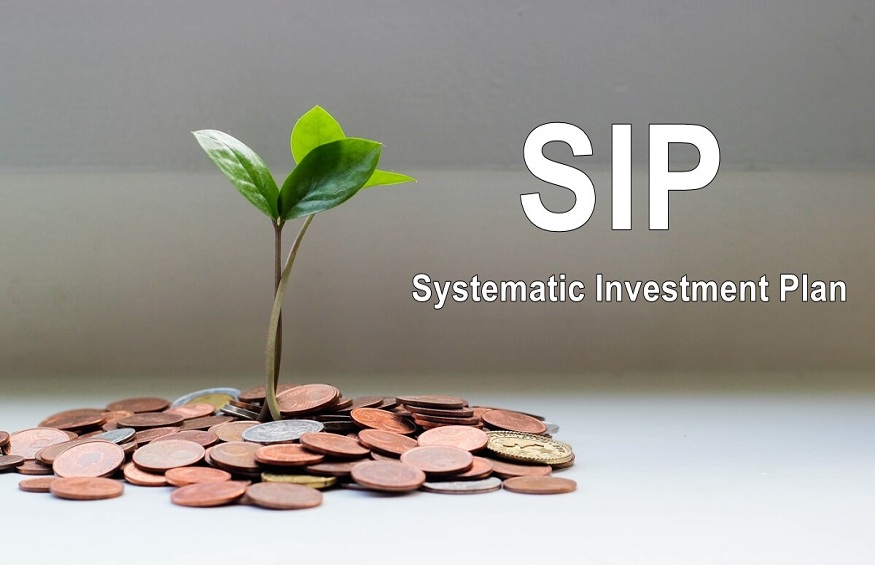The most common types of investment include:
interest
An annuity is an investment contract that provides periodic payment of income, usually after retirement.
Obligation
A bond is a security you receive for making a loan to a company or the government (an issuer). In return, the bond issuer promises to pay interest at a set rate and to repay the loan on an agreed date.
Canada Savings Bond ( CSB )
A Canada Savings Bond is a savings product issued and guaranteed by the federal government. It offers a guaranteed interest rate. The Canada Savings Bond has a maturity of three years, and interest rates remain in effect during this period. At the end of the period, the Minister of Finance announces the new rates based on existing market conditions. The Canada Savings Bond can be redeemed at any time and earns interest until redeemed.
Canada Savings Bonds are only sold through the Payroll Savings Program, which allows Canadians to purchase Bonds through automatic payroll deductions.
Exchange Traded Fund ( ETF )
An exchange-traded fund is an investment fund that contains assets, such as stocks, commodities, or bonds. These funds are publicly traded and have a value similar to the total value of the assets they contain. This means that the value of an exchange traded fund can fluctuate throughout the day.
The level of risk associated with the exchange-traded fund varies depending on the assets it contains. If it contains high-risk assets, such as stocks, the risk level is high.
Guaranteed placement certificate ( CPG )
A guaranteed investment certificate is an investment that protects your invested capital. You are guaranteed not to lose money on your investment. Guaranteed investment certificates can have fixed or variable interest rates.
mutual fund
Mutual fund is an investment category where many investors band together to buy a portfolio containing different investments. The fund is managed by a specialist who invests in stocks, bonds, options, money market instruments and other transferable securities.
Securities
A security is a transferable certificate of ownership of investment instruments, such as promissory notes, bonds, stocks, futures and options.
Fonds distinct
A segregated fund is an investment fund similar to a mutual fund, established by an insurance company and managed separately from the company’s general funds. The big difference between this type of fund and mutual funds is the guarantee that no matter how well the fund performs, a minimum percentage of investors’ payments will be returned to them when the segregated fund matures.
Action
A share is a unit of participation in the share capital of a company, bought and sold on the stock market.
Treasury bond
A treasury bill is a short-term, low-risk investment security issued by the federal or provincial government. They are available in denominations ranging from $1,000 to $1,000,000 and their maturity varies between one month and one year.
Risque
Risk is the possibility of losing the money invested or the level of uncertainty that your investment may not produce any return or even that you will lose money.
Almost all categories of investments involve risk. As a general rule, the higher the potential return, the greater the risk.
Yield
Return on investment ( ROIC ) is the profit or return that an investment earns you. It can vary a lot. For some investments, the return is impossible to predict with certainty.
The return on an investment can take two forms:
income − including interest or dividends. A dividend is the part of the profits made by a company that is paid to its shareholders.
the appreciation – also called capital gain – allows you to make a profit on the sale of your investment
The return may also be negative if the investment loses value. This is then a “capital loss”.




